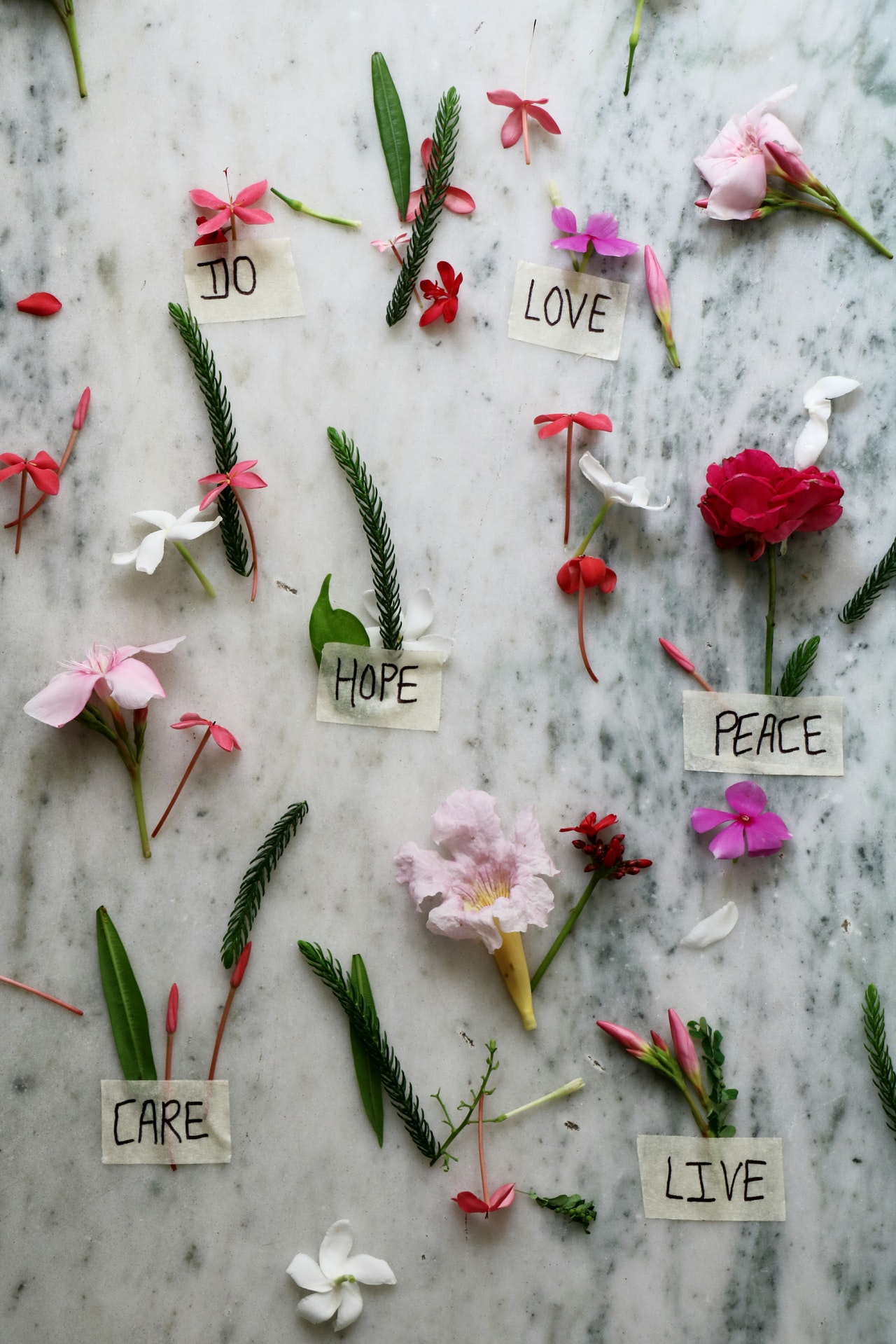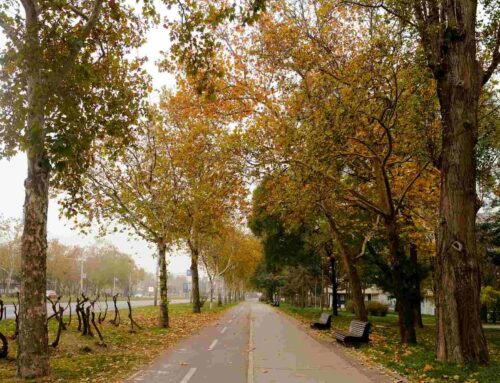Forgiveness is freedom. It is the total act of removing the shackles of guilt, shame, and pride, and embracing peace through accountability. Asking for forgiveness can bring up many different emotions and thoughts which can lead to different actions. To ask for forgiveness for some means to admit to a wrong being done whether intentionally or unintentionally.
 It means owning up to whatever part you may have played in the situation and taking accountability for how it eventually turned out. To ask for forgiveness is to remove pride and to humble yourself to bring about peace to yourself and those that may be involved.
It means owning up to whatever part you may have played in the situation and taking accountability for how it eventually turned out. To ask for forgiveness is to remove pride and to humble yourself to bring about peace to yourself and those that may be involved.
The truth is that unless you let go, unless you forgive yourself, unless you forgive the situation, unless you realize that the situation is over, you cannot move forward. – Steve Maraboli
Why is it Hard to Ask for Forgiveness?
Connected to Guilt and shame
Sometimes forgiveness can be tied to guilt and shame. When guilt and shame become a part of daily emotion it becomes harder to ask for forgiveness and focus on moving forward. Asking for forgiveness does not always mean that the person you ask will accept your apology. The hope is that when you genuinely ask for forgiveness, the other person or people understand the weight of an apology and will accept it but that does not always occur.
Fear of Rejection
Sometimes the fear of rejection or lack of acceptance is enough to create fear and eliminate the opportunity to apologize. If the apology is not accepted then the feelings of guilt, sadness, and shame can return and weigh heavily on the mind, heart, and soul.
If you focus on whether that person will reject you, you are seeking forgiveness the wrong way. The ultimate act of seeking forgiveness is acknowledging your wrongdoings and focusing on how to right your wrongs.
Fear of abandonment and loneliness
 If a person decides not to accept the apology, they could in turn decide to alienate you which could bring about feelings of loneliness and dejection. The fear of being abandoned or alone can reduce the desire to ask for forgiveness.
If a person decides not to accept the apology, they could in turn decide to alienate you which could bring about feelings of loneliness and dejection. The fear of being abandoned or alone can reduce the desire to ask for forgiveness.
The heavy thoughts of whether it will be accepted can impact your willingness to push past it and ask. But you should push past it. Ultimately, if you can fight these fears, you are showing that you truly understand your issues and how you hurt that person. The result of asking for forgiveness must outweigh the fear of abandonment.
Asking God for Forgiveness
Asking for forgiveness from God is such a different act than it is to ask for forgiveness from people and yourself. There is an element of shame that feels much heavier when talking with God. But the most amazing thing about God is that as soon as we ask God to forgive our trespasses, He does so immediately, throwing them into the sea of forgetfulness.
God is the God of a second chance and helping his children to make a way out of no way. Seeking forgiveness from God may be hard to do but remember that He is a forgiving God who gives new grace and mercy every single day of our lives.
Scriptures About Asking for Forgiveness
If we confess our sins, he is faithful and just to forgive us our sins and to cleanse us from all unrighteousness. –
1 John 1:9
Repent, therefore, and turn again, that your sins may be blotted out. – Acts 3:19
Be kind and compassionate to one another, forgiving each other, just as in Christ God forgave you. – Ephesians 4:32
For if you forgive other people when they sin against you, your heavenly Father will also forgive you. – Matthew 6:14
You, Lord, are forgiving and good, abounding in love to all who call to you. – Psalm 86:5
How Do You Ask for Forgiveness?
 Asking for forgiveness can be considered a simple process for some and a more complicated process for others. It can be as simple as asking for forgiveness with a genuine heart and affect and accepting responsibility for your part.
Asking for forgiveness can be considered a simple process for some and a more complicated process for others. It can be as simple as asking for forgiveness with a genuine heart and affect and accepting responsibility for your part.
On the other hand, it may seem more complicated once we understand the stages we must go through to ask for forgiveness and truly mean it. As children, our parents, schoolteachers, and community leaders would tell us to “say you’re sorry” when we hurt others, which is a concept with which I don’t agree.
Apologizing and asking for forgiveness should be done of your own volition. What we learned as children is that when we hurt people, we should apologize but we never really learned that there were stages besides saying “I’m sorry.”
Seeking forgiveness is a heart-level decision. One must choose to go on a journey of being curious about why they made the choices they made, how they impacted the people around them, and how that continues to stunt their growth. Below are some steps to take when asking for forgiveness:
- Take time to understand what you did wrong to hurt or offend that other person or God.
- Explain why you may have done wrong and acknowledge that it is not an excuse. Your ability to share your process is as much for you as it is for them. When you understand why you may have done it, you work harder to never do the same thing again.
- Show empathy and share with them how these actions have impacted you as well as them so that they can see your deep level understanding of your mistakes.
- Ask them if there is a solution they can think of that would help solve the situation or ease their offense or pain. Be open-minded about what they may suggest and how that will impact their ability to heal. If they do not have one, be prepared to suggest what steps you can take to correct your wrongs.
- Accept their decision on whether they decide to forgive you or not and be open to the amount of time it may take for the process to happen.
I felt ashamed for what I had done. I don’t have any excuses. I did what I did. I take full responsibility for myself and my actions. I wouldn’t pawn this off on anybody. I’m sorry it happened. – Louie Anderson
Barriers to Forgiving Yourself
 Sometimes the reason why it’s hard to seek forgiveness is that you have not taken the first step of truly forgiving yourself. When you are unable to show yourself that act of mercy it can impact whether you believe other people should show you that act of mercy. When we understand that we all fall short, we all make mistakes, and that we are all fallible, we then begin to understand that seeking forgiveness from others is only part of the challenge.
Sometimes the reason why it’s hard to seek forgiveness is that you have not taken the first step of truly forgiving yourself. When you are unable to show yourself that act of mercy it can impact whether you believe other people should show you that act of mercy. When we understand that we all fall short, we all make mistakes, and that we are all fallible, we then begin to understand that seeking forgiveness from others is only part of the challenge.
Seeking forgiveness from yourself is the other part. When you offend or make a mistake whether small or large, shame or guilt can become so embedded in your psyche that you may not take the steps to seek forgiveness because you believe you do not deserve it.
But if God can forgive us for everything we have done, then surely you can follow suit and forgive yourself. This is not an easy action. Following the steps above for yourself may help you believe you deserve forgiveness.
Call to Action
Forgiveness is probably one of the hardest actions we as people have ever had to receive and give. As human beings and sometimes as a society there is a retaliation mindset, revenge beliefs, or a negative reciprocal nature to our relationships. Some might believe that if someone has done them wrong, they need to do the same thing to them to get even. But many will tell you that even if they get their revenge, it may not be as they expected.
That’s where forgiveness comes in. When you seek forgiveness from someone and you take accountability for your wrongdoings, show empathy for what they are going through, and take steps to right your wrong, that in and of itself feels appropriate to the person who was wronged.
As a therapist, I can help you understand why it’s important to first forgive yourself and then seek forgiveness using the steps above. Sometimes you may feel like you shouldn’t be forgiven because the challenge, sin, or event was just too large and too impactful. That is the work of negative thoughts, possible negative core beliefs, possible trauma, and evil spirits.
Even if the person you wronged does not forgive you, that is their choice, and that should not impact whether you forgive yourself and whether you still do the work to reduce the chances of making the same mistake again. It is easy to allow fear of rejection, abandonment, and shame to drive your decisions, and it’s important to challenge every single thought of rejection, and shame so that you can reframe and make a more positive choice.
If the voice says you won’t be forgiven, challenge it by speaking aloud that even if they do not, you will still forgive yourself. You will unleash the power it holds by taking accountability and righting your wrongs the best way you possibly can.
If you have trouble with seeking forgiveness due to negative thinking traps, shame, guilt, or fear, please do contact me and we can work together to figure out what you need in order to press forward in seeking forgiveness. Asking for forgiveness is hard and I am here to help you understand the process clearly so that you can take the steps to become a better you.
“Reading the Bible”, Courtesy of Rodnae Productions, Pexels.com, CC0 License; “Smiling Woman”, Courtesy of Luizclas, Pexels.com, CC0 License; “Virtues and Flowers”, Courtesy of Disha Sheta, Pexels.com, CC0 License; “Waterfall at Sunset”, Courtesy of Sachin C Nair, Pexels.com, CC0 License
-
Kate Motaung: Curator
Kate Motaung is the Senior Writer, Editor, and Content Manager for a multi-state company. She is the author of several books including Letters to Grief, 101 Prayers for Comfort in Difficult Times, and A Place to Land: A Story of Longing and Belonging...





